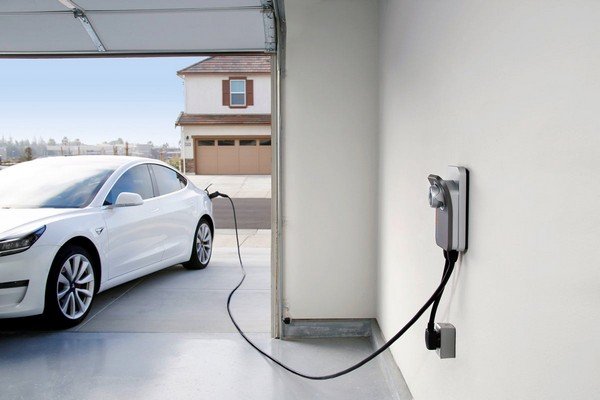Electric vehicles, or e-vehicles, have gained significant popularity in recent years due to the need for sustainable transportation options. E-vehicles are powered by electricity, which makes them an environmentally friendly alternative to traditional gasoline-powered vehicles. However, the impact of e-vehicles on the environment is a complex issue that requires a comprehensive analysis. This article will explore the various aspects of the impact of e-vehicles on the environment.
Reduced Air Pollution
One of the most significant benefits of e-vehicles is the reduction of air pollution. Traditional gasoline-powered vehicles emit harmful pollutants such as carbon monoxide, nitrogen oxides, and particulate matter, which contribute to the deterioration of air quality. E-vehicles, on the other hand, produce zero tailpipe emissions, which means they do not emit pollutants into the air. As a result, e-vehicles have the potential to significantly reduce air pollution and improve the overall quality of the air we breathe.
Reduced Greenhouse Gas Emissions
Another crucial benefit of e-vehicles is the reduction of greenhouse gas emissions. The transportation sector is a significant contributor to greenhouse gas emissions, with traditional gasoline-powered vehicles accounting for a significant portion of these emissions. E-vehicles produce significantly lower greenhouse gas emissions than traditional vehicles, which helps to mitigate the impact of climate change. According to a study by the Union of Concerned Scientists, e-vehicles produce up to 50% fewer greenhouse gas emissions than traditional gasoline-powered vehicles.
Impact of Battery Production
While e-vehicles offer significant benefits in terms of reduced air pollution and greenhouse gas emissions, the production of e-vehicle batteries has its environmental impact. The production of lithium-ion batteries, which are commonly used in e-vehicles, requires significant amounts of energy and resources. The mining of lithium and other materials used in battery production can also have negative environmental impacts, such as water and soil pollution. However, it is worth noting that the environmental impact of battery production is much lower than the impact of fossil fuel extraction and refining, which is required for traditional gasoline-powered vehicles.
Impact of Electricity Generation

Another factor to consider in the impact of e-vehicles on the environment is the source of the electricity used to power them. While e-vehicles produce zero tailpipe emissions, the electricity used to power them may come from sources that produce greenhouse gas emissions. In regions where electricity is generated from fossil fuels such as coal or natural gas, the environmental benefits of e-vehicles may be reduced. However, in regions where electricity is generated from renewable sources such as wind or solar, e-vehicles offer significant environmental benefits.
Conclusion
E-vehicles offer significant benefits in terms of reduced air pollution and greenhouse gas emissions. While the production of e-vehicle batteries and the source of electricity used to power them have some environmental impact, these impacts are much lower than those associated with traditional gasoline-powered vehicles. As technology continues to advance, the environmental impact of e-vehicles will likely continue to improve, making them an increasingly attractive alternative to traditional vehicles.


Comments are closed.